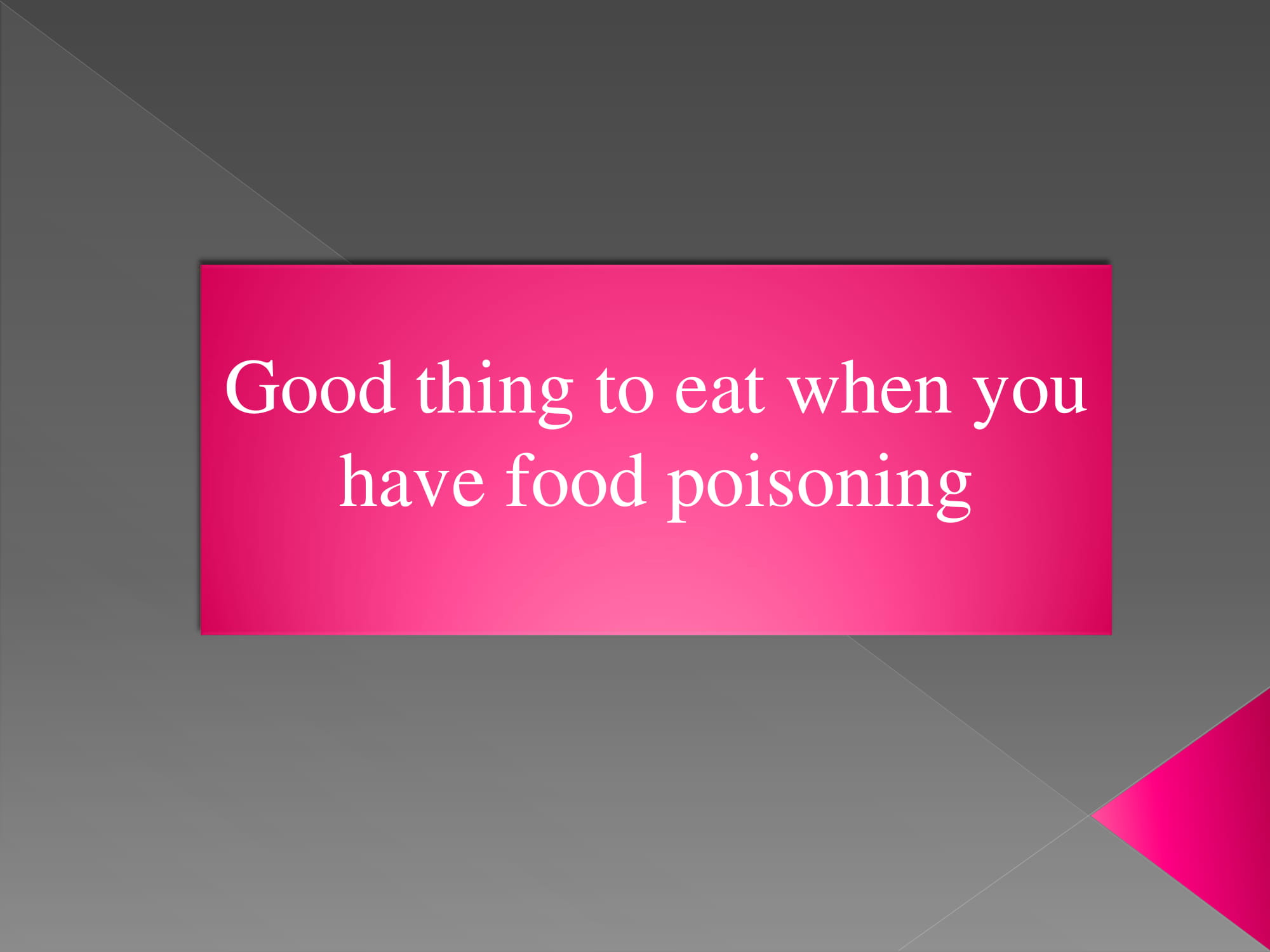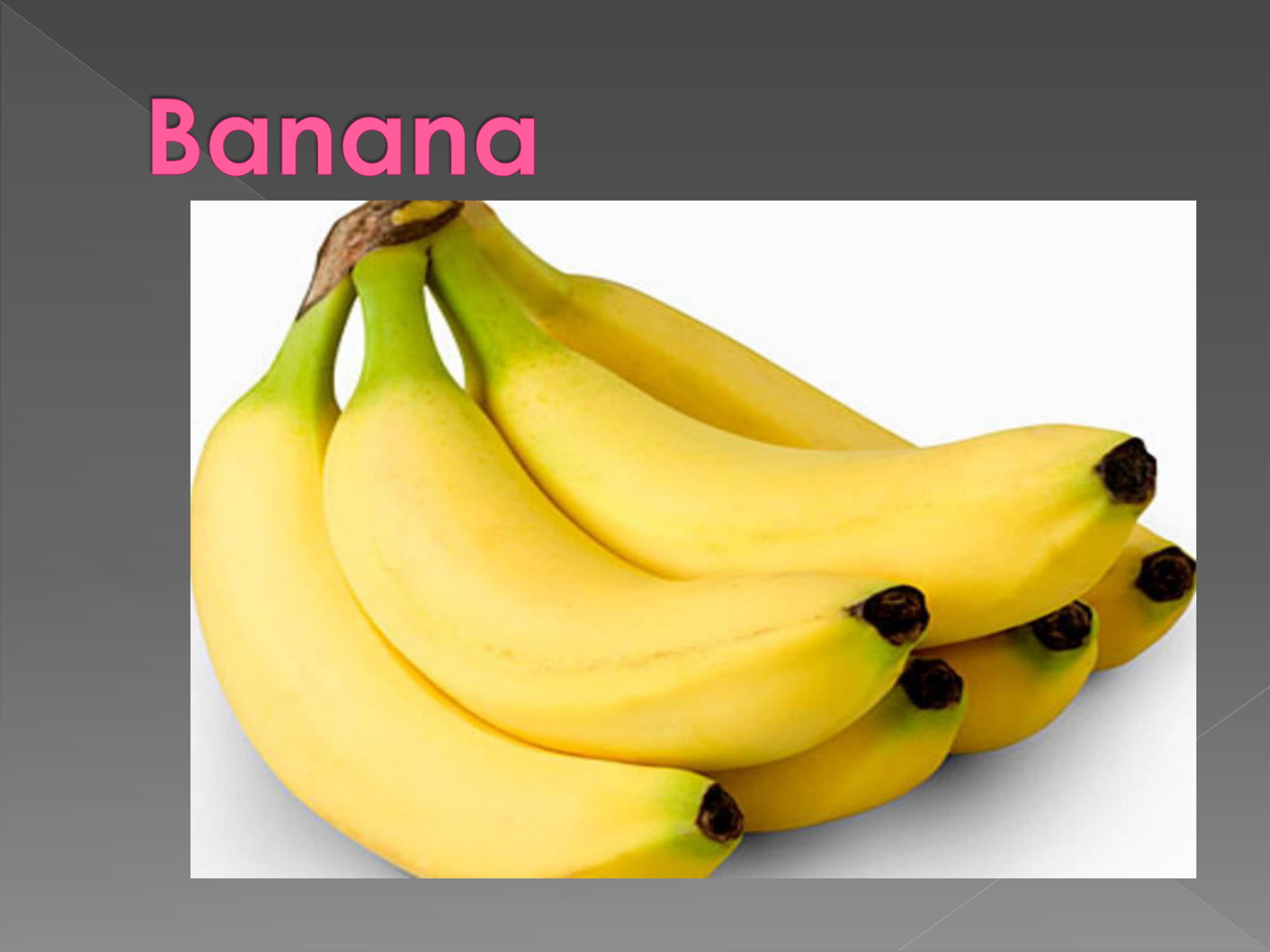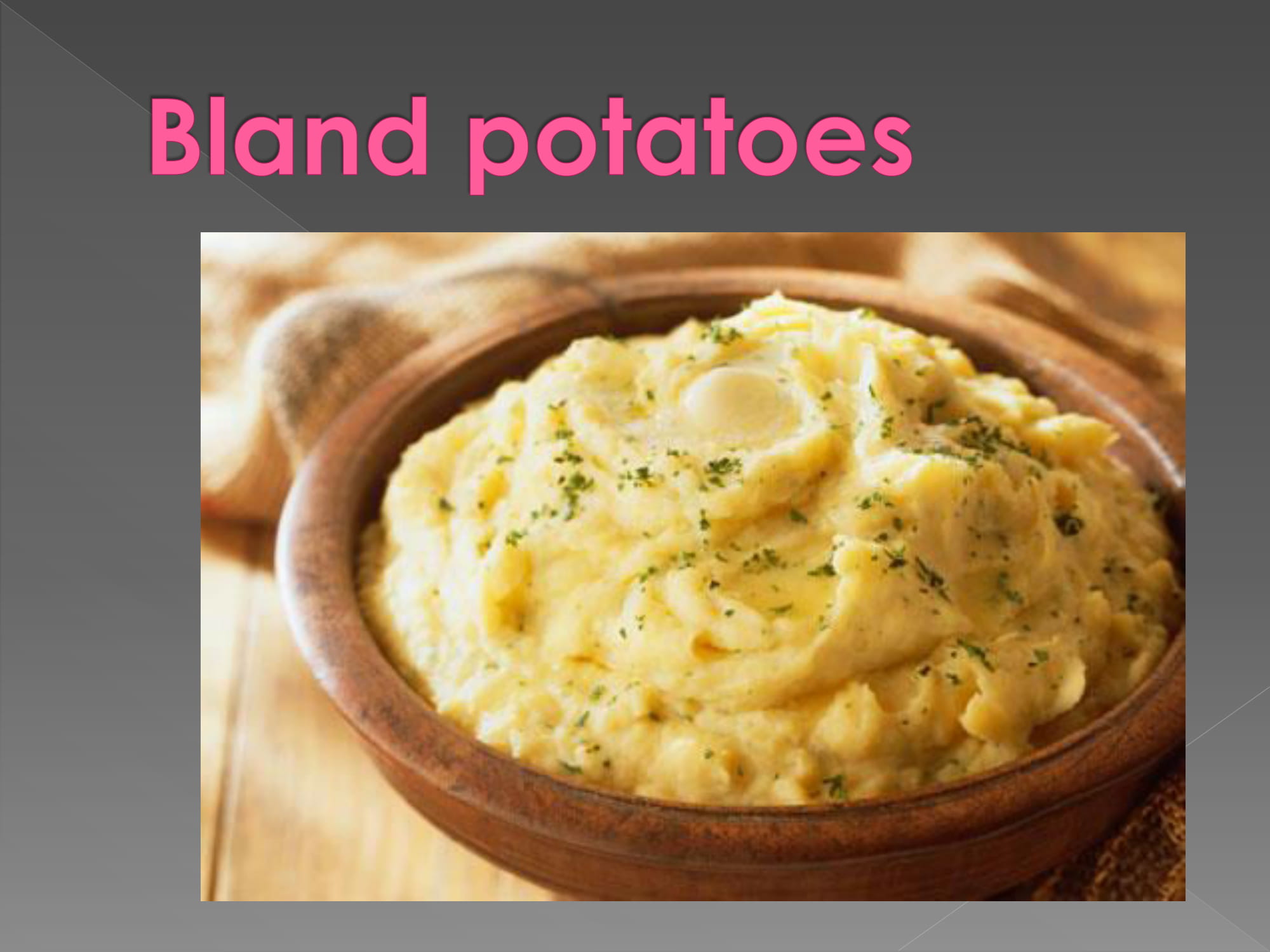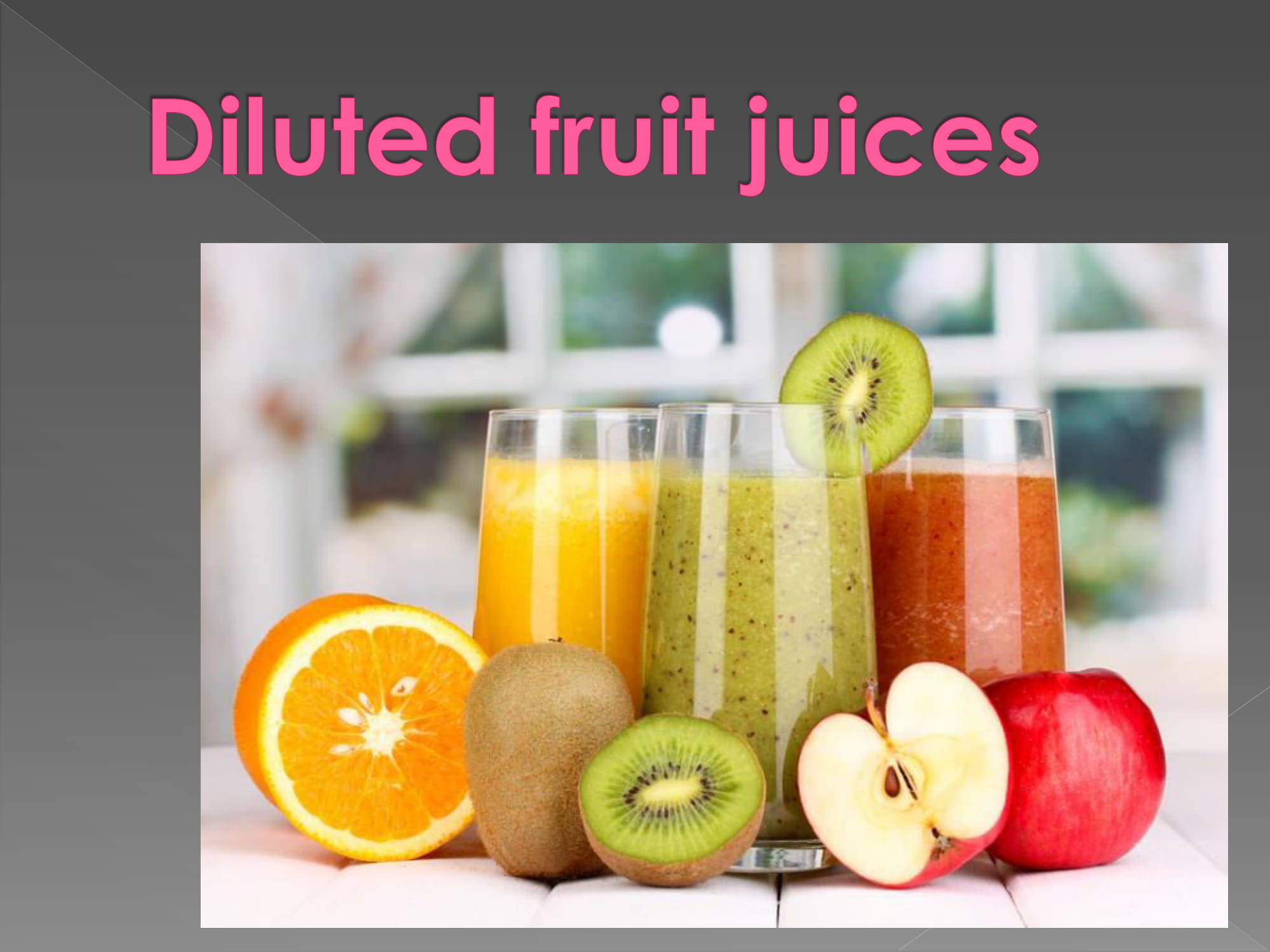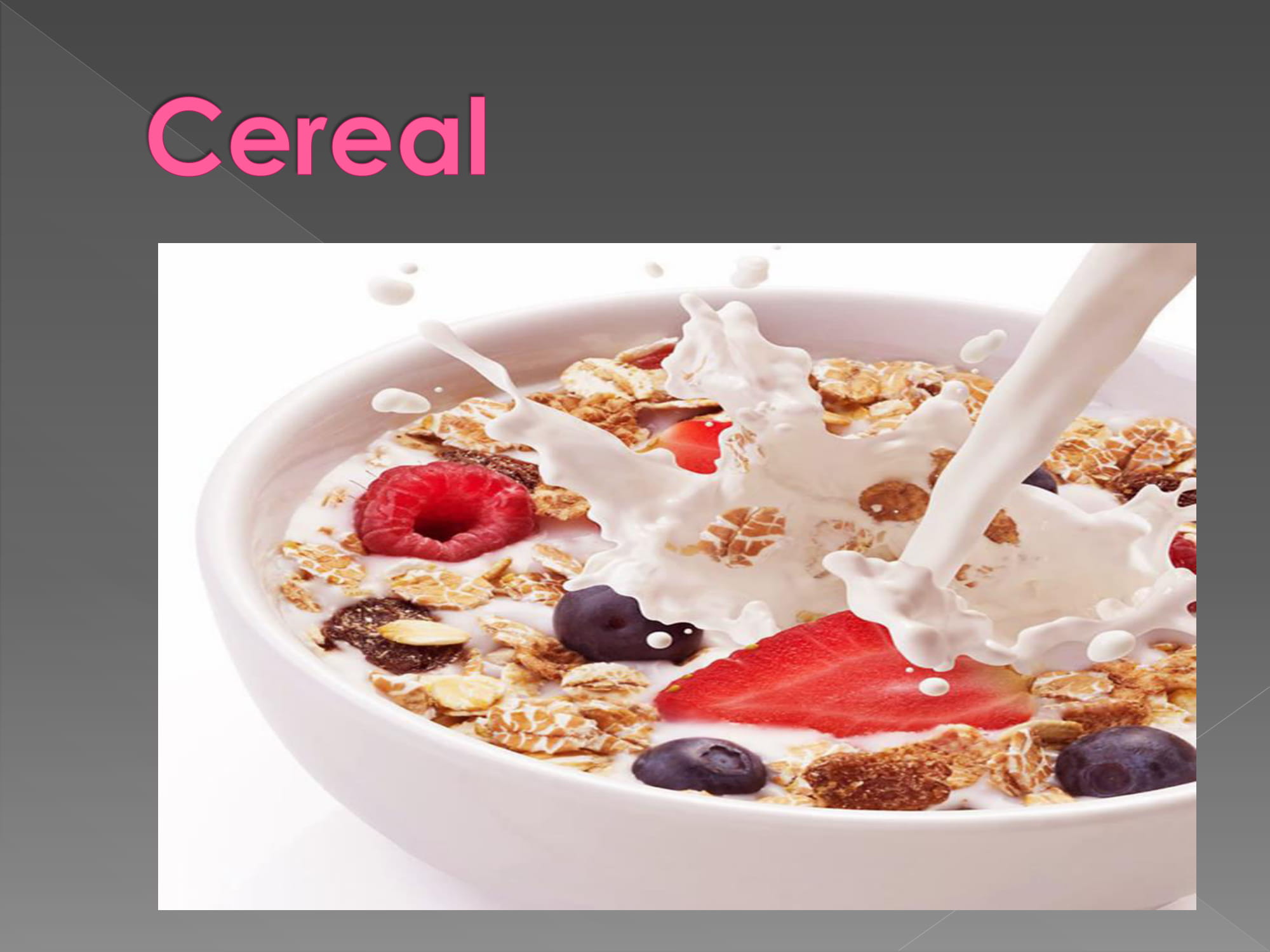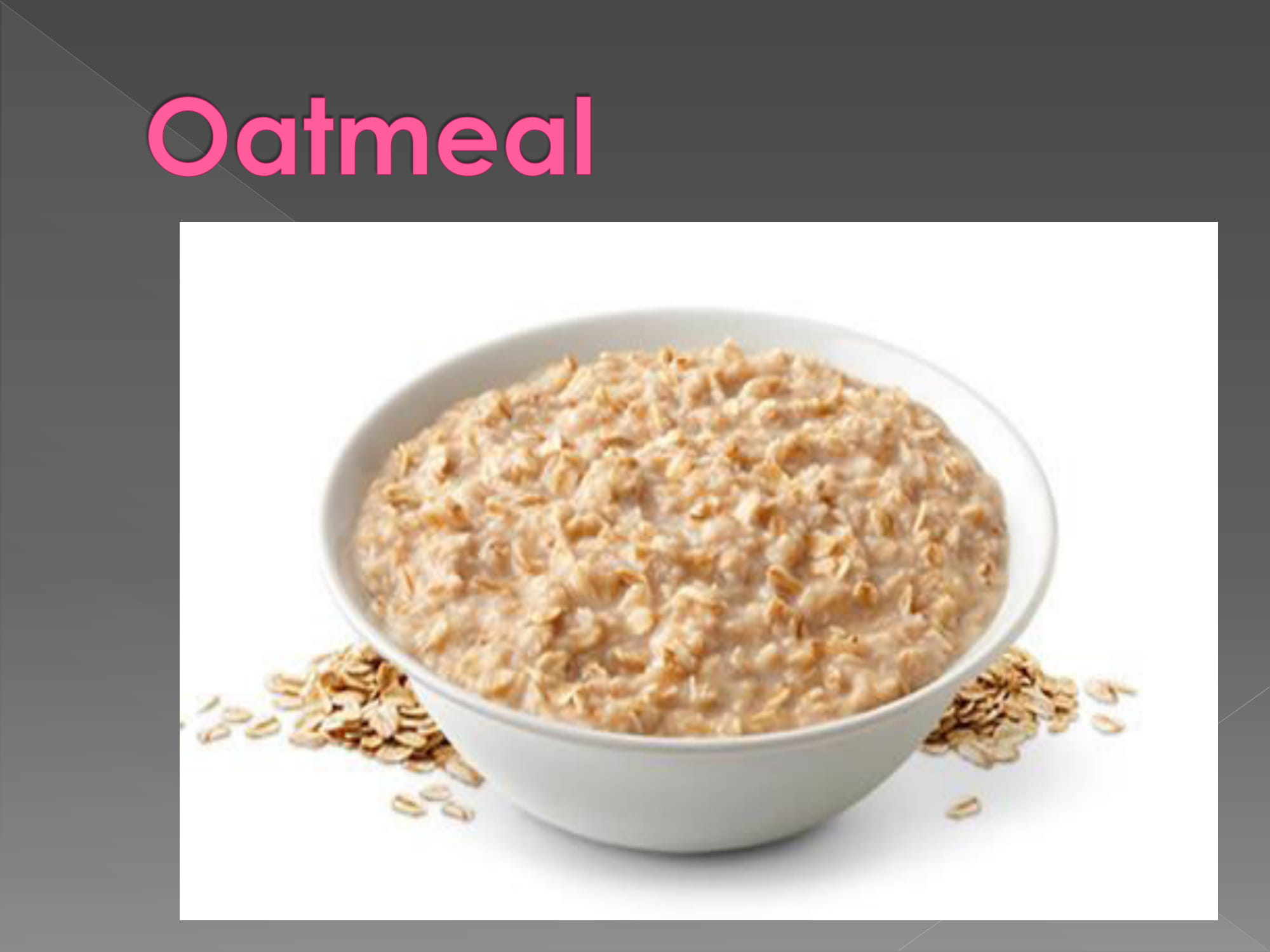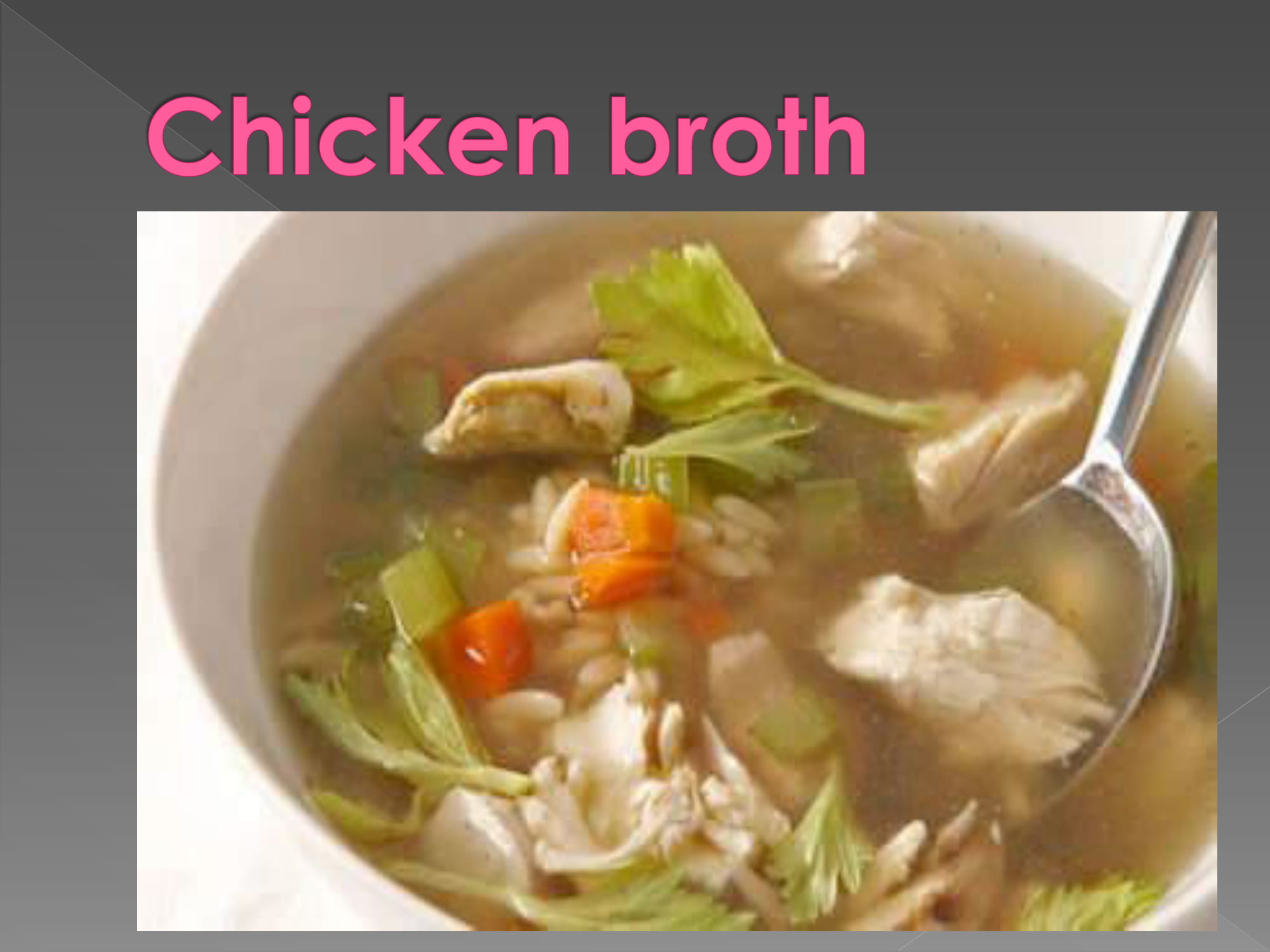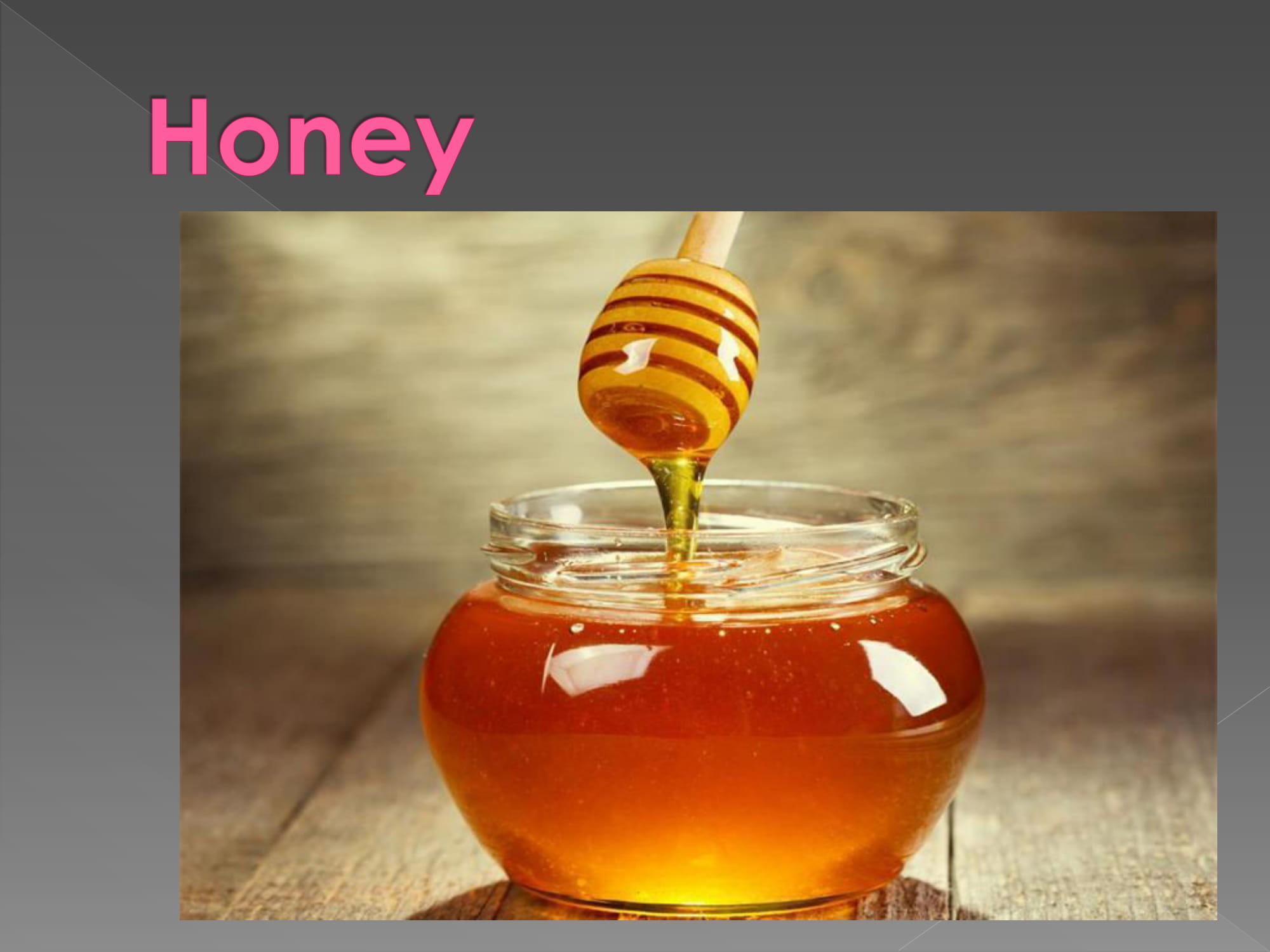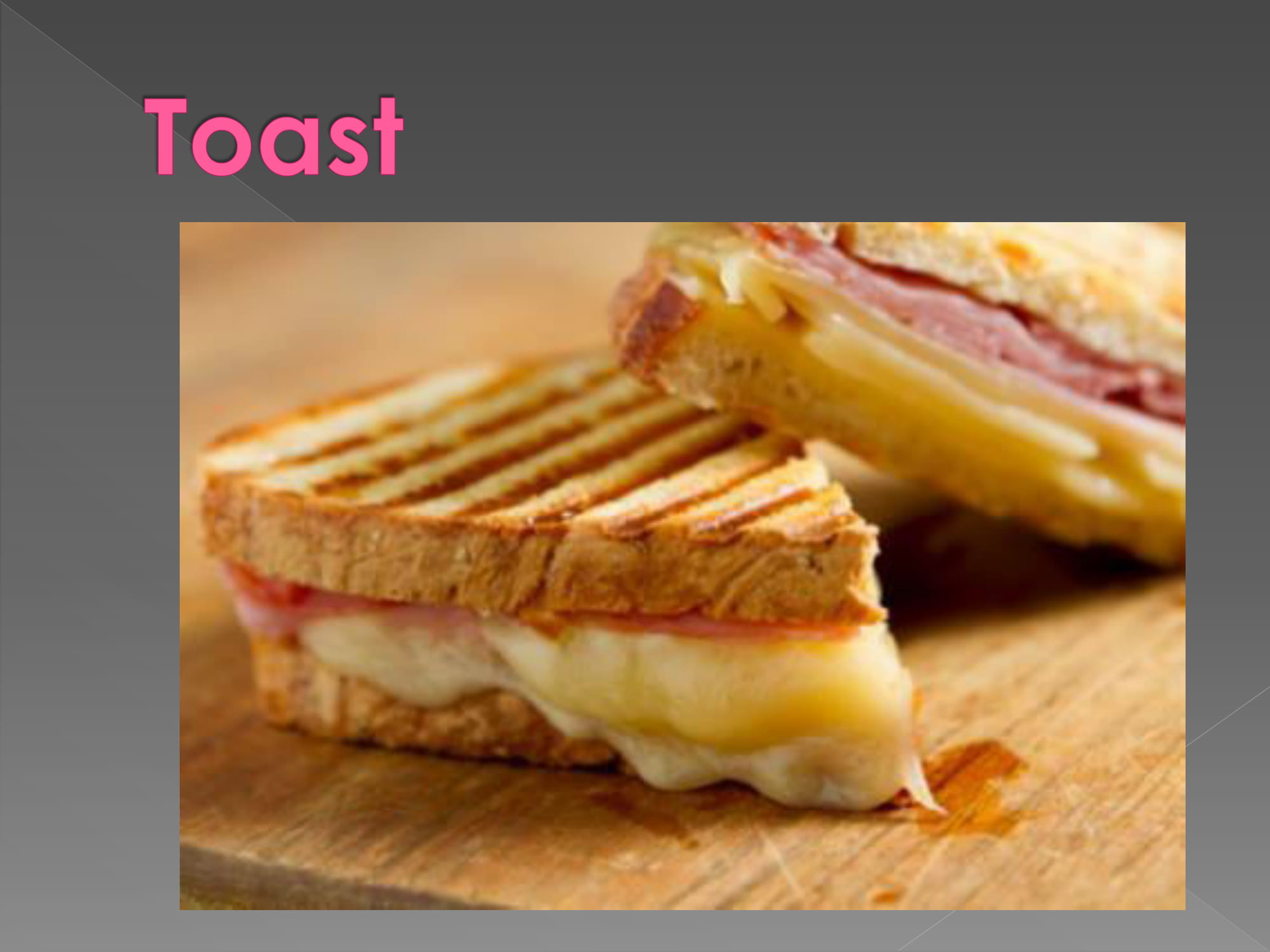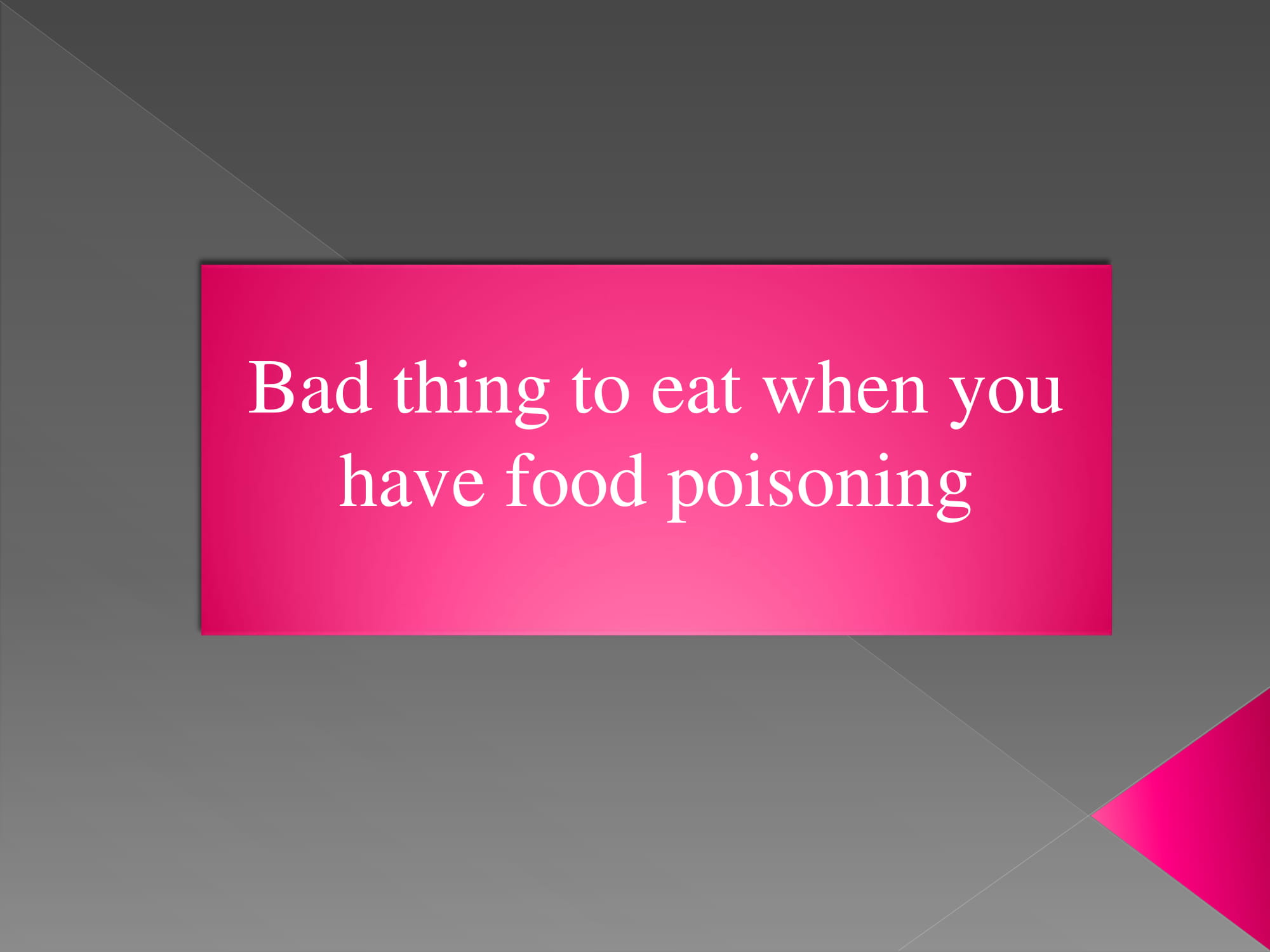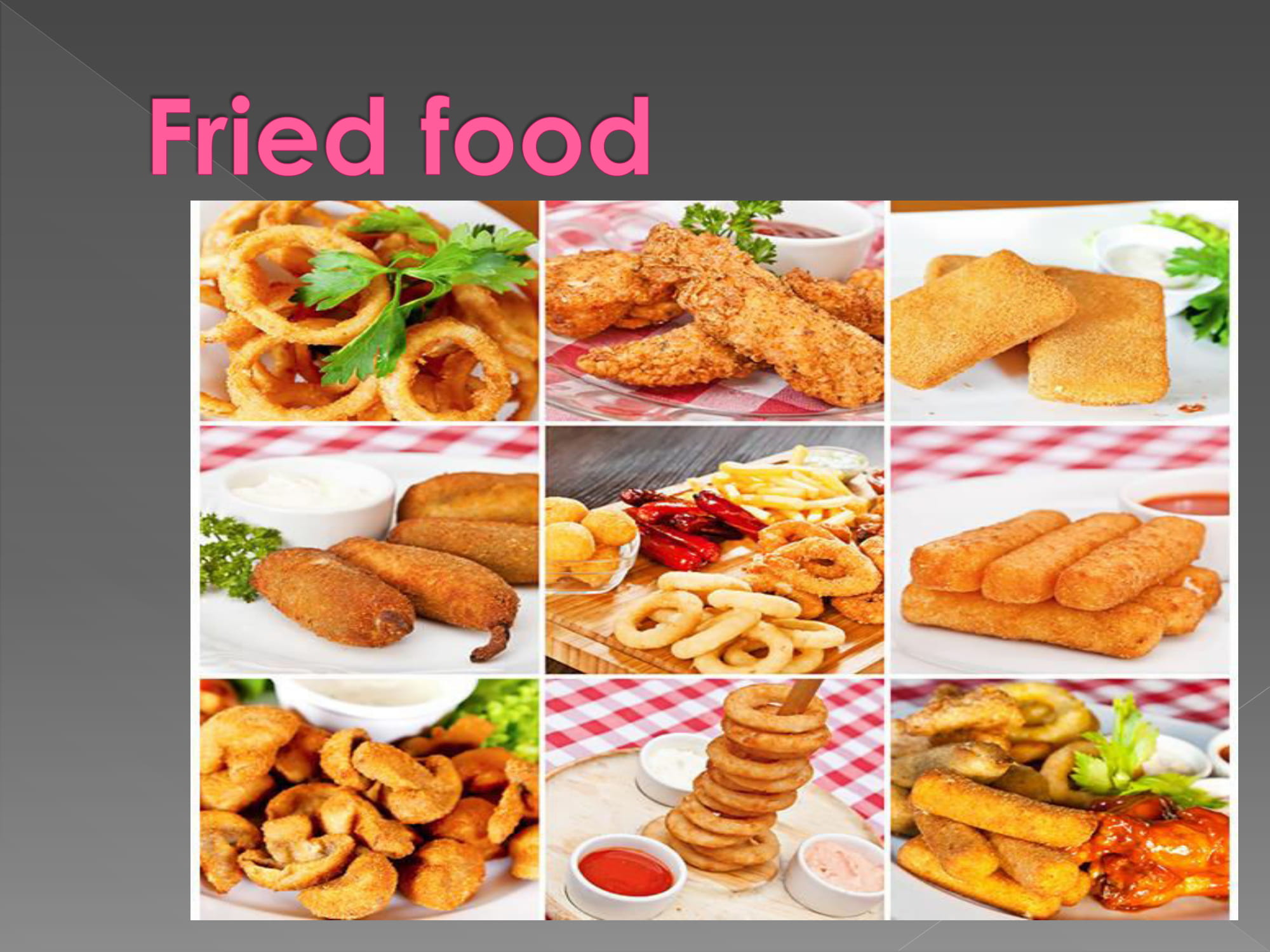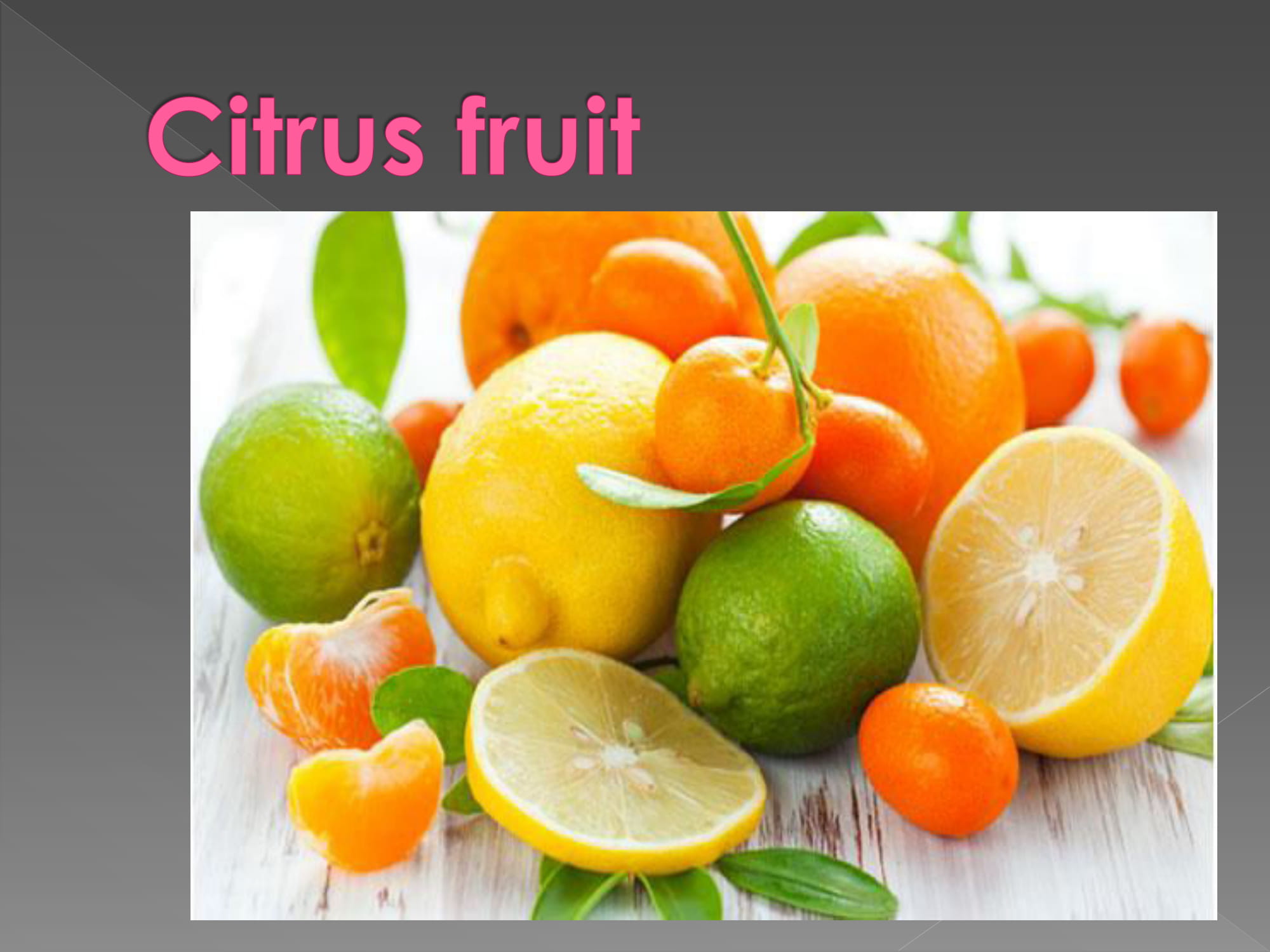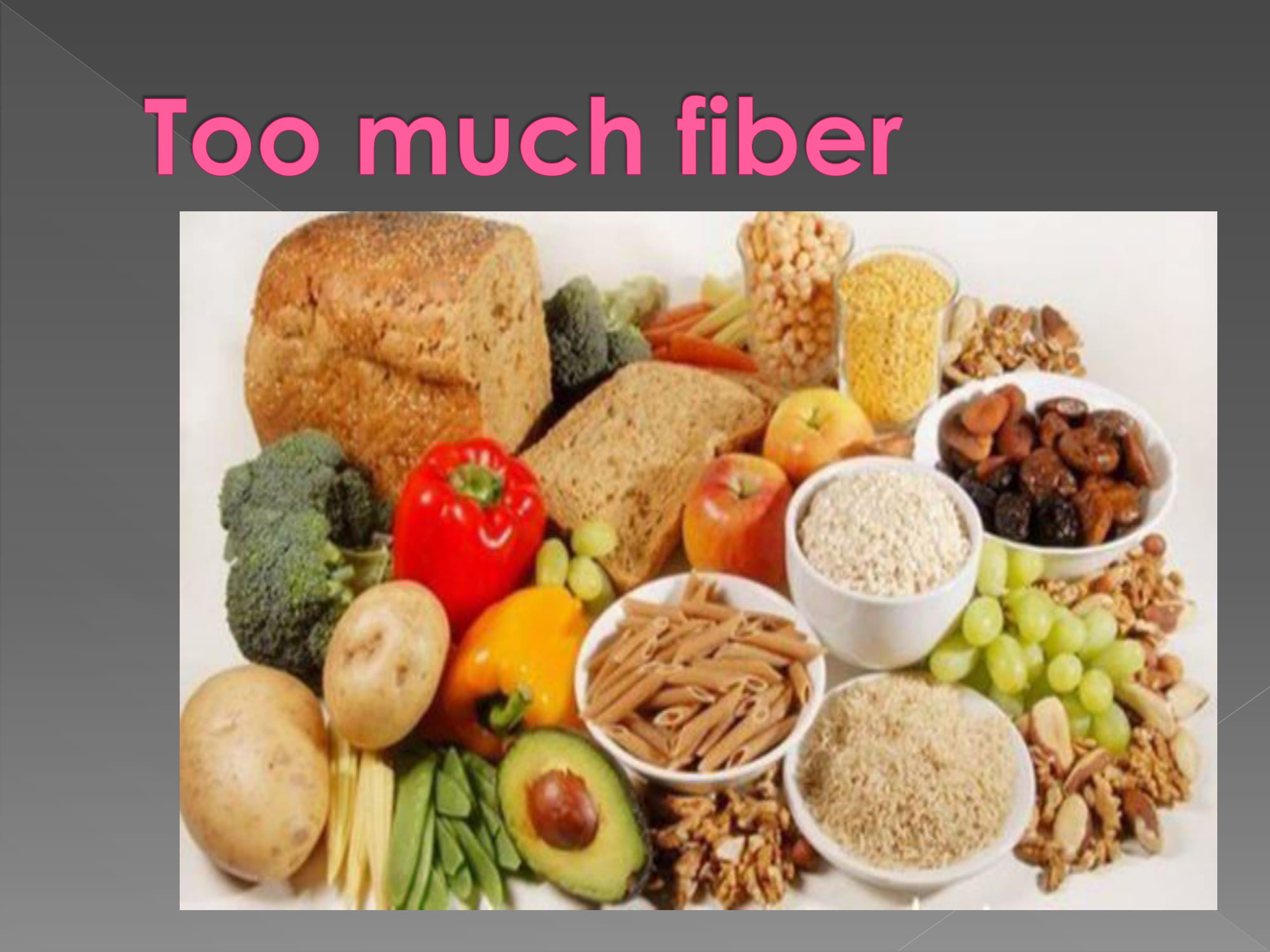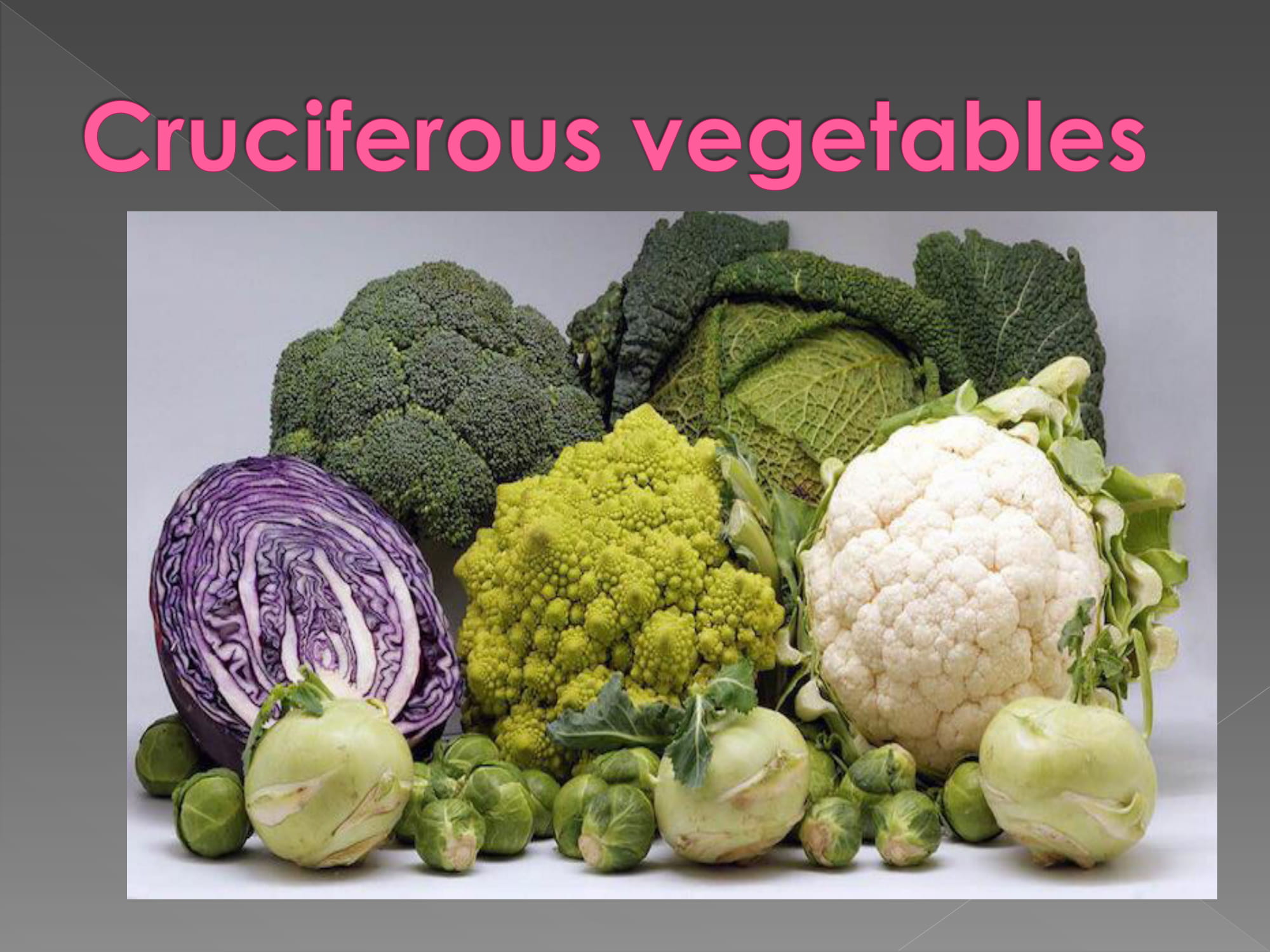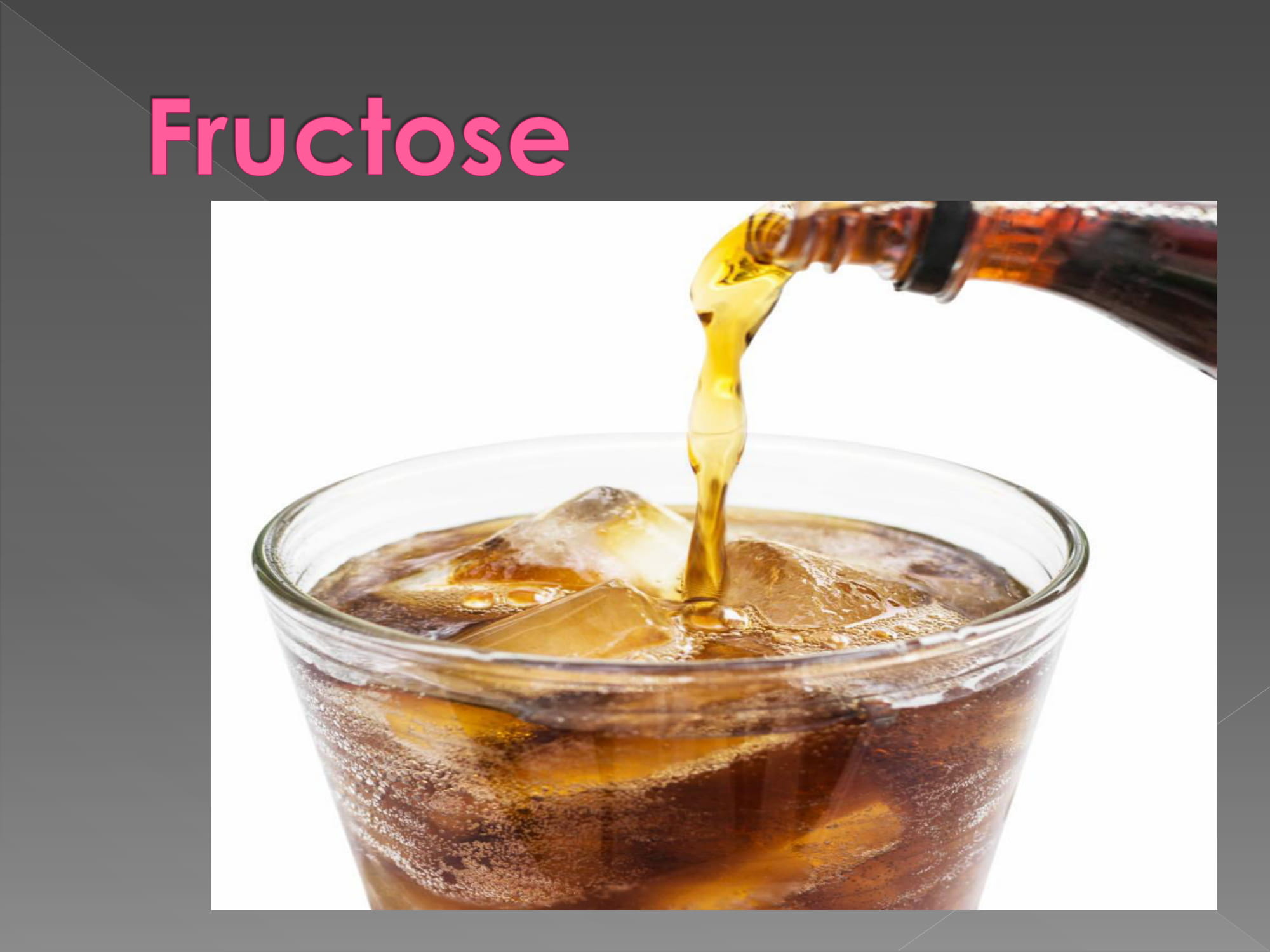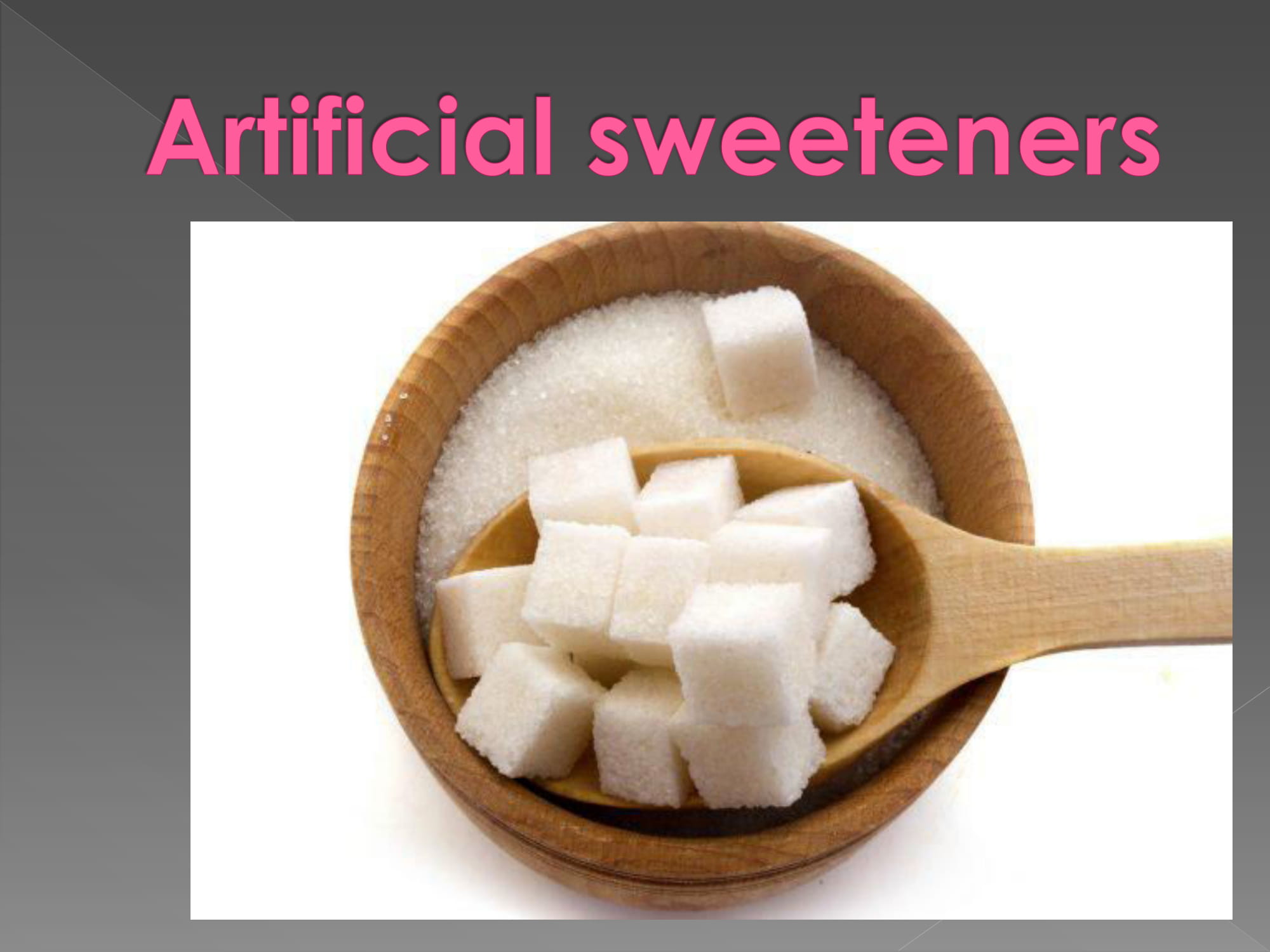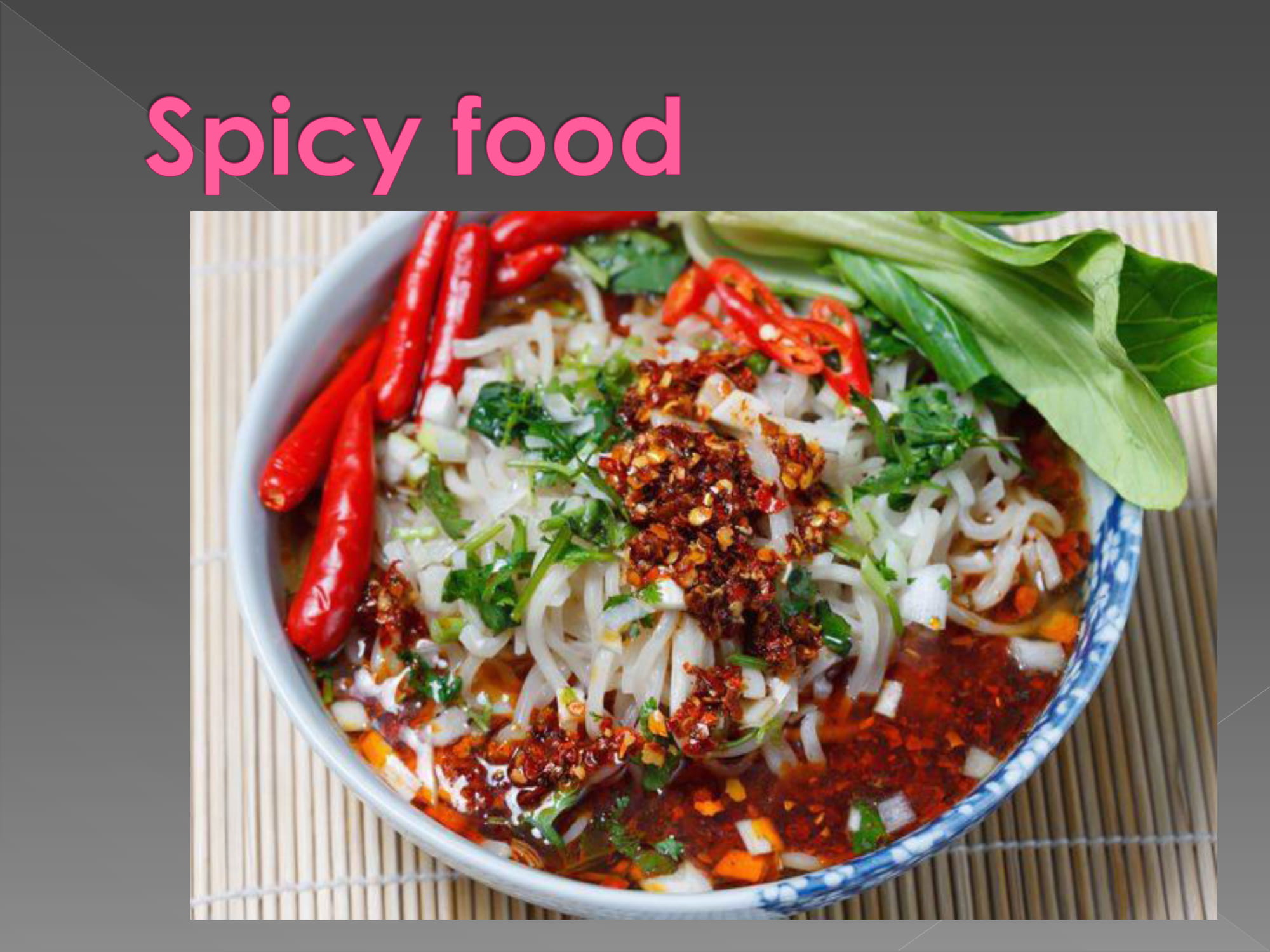Food poisoning is an any illness caused by ingestion of contaminated food that contains a toxin, chemical or infectious agent (like a bacterium, virus, parasite, or prion) which may cause adverse effect in the body.
How does food become contaminated?
- Lack of personal hygiene care like hand washing
- When food is not prepared safely, including when meat is undercooked
- By contact with pets, flies or other pests
- When raw meat and ready to eat (RTE) foods come into contact with each other
- When food is stored at unsafe temperatures that allows bacteria to grow
- When fruit, vegetable and egg were contaminated with animal manure.
- Mixing utensils and any other equipment for different food
Sign & Symptoms
Symptoms can vary from mild to severe. Some people are at more risk of getting food poisoning than others, including the young children, pregnant women, elderly and people with weakened immune systems.
People with food poisoning may experience some or all of the following symptoms:
- Nausea
- Diarrhoea
- Vomiting
- Stomach pains or cramps
- Sweating, fever or chills
- Headache
- Lethargy (extreme tiredness).
Causes of Illness
Agent Explanation
Tips to prevent food poisoning
- Cook raw meats thoroughly.
- Avoid eating raw foods such as raw or undercooked eggs.
- Do not drink unpasteurised milk.
- Wash raw vegetables and fruits thoroughly.
- Keep knives used to cut meats separately from those used to cut vegetables (use color code for knive and cutting board).
- Keep cooked food separate from raw food.
- Foods should be cooked thoroughly especially eggs, poultry, and meat.
- Leftovers should be refrigerated immediately so bacteria and viruses do not have time to start growing.
- Wash fruits and vegetables well before eating. This removes dirt, pesticides, chemicals, or other infectious agents used on, or exposed to, the foods in the fields or storage facilities.
- Wash hands routinely before and after handling food to help prevent the spread of infection.
- Thoroughly clean counters and other areas that are used to clean, prepare, and assemble foods. Cross contamination of food is common and can cause food poisonings. For example, a cutting board and knife used to cut raw chicken should be washed thoroughly before cutting up fruit and vegetables to prevent the spread of Salmonella..
- Pregnant women and people who have compromised immune systems, should avoid eating soft cheeses like camembert, brie, blue, and feta because of the risk of contracting Listeria. Be very sure all fruits and vegetables are cleaned thoroughly prior to eating, no matter the source.
What’s good to eat when you have food poisoning?
It’s best to gradually hold off on solid foods until vomiting and diarrhea have passed. Apart from that, ease back to your regular diet by eating simple-to-digest foods that are bland and low in fat, such as:
What’s bad to eat when you have food poisoning?

